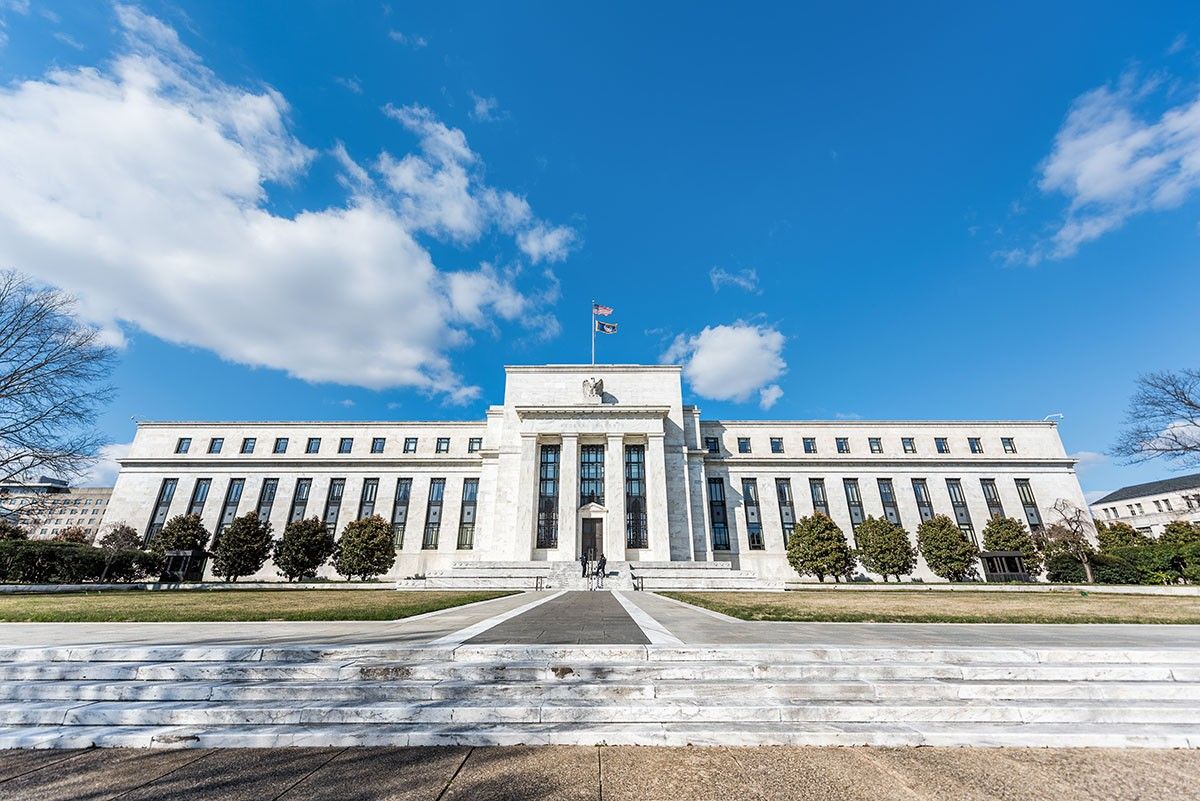Fiscal Policy And Interest Rates

In today’s world of hyper-political correctness, just stating the obvious can get a person into hot water. Janet Yellen was widely criticized yesterday for making some very innocuous statements about the impact of fiscal policy on interest rates—stuff right out of a EC101 textbook. Here’s the NYT:
Treasury Secretary Janet L. Yellen said higher interest rates might be needed to keep the economy from overheating given the large investments that the Biden administration is proposing to rebuild the nation’s infrastructure and remake its labor force. . . .
The Treasury secretary has no role in setting interest rate policies. That is the purview of the Federal Reserve, which is independent from the White House.
But the words of Ms. Yellen, a former Fed chair, carry substantial weight, and her comments were seized on by investors and critics who said she was improperly exerting influence over her prior monetary policy portfolio. In separate remarks later on Tuesday, Ms. Yellen made clear that she respects the central bank’s independence and was not making a recommendation.
Yellen did not say that the Fed should raise interest rates, rather she suggested that an expansionary fiscal policy and a recovering economy might put upward pressure on interest rates at some point in the future.
I worry that more and more people seem to be equating “interest rates” with “monetary policy”. They are not the same thing! In almost any macroeconomics textbook, an expansionary fiscal policy—more government borrowing—tends to raise interest rates.
The only exception that I am aware of is an MMT textbook that I reviewed here a few months ago, which suggested that fiscal policy cannot affect interest rates because interest rates are set by the Fed. By that logic economic growth also does not affect interest rates, because interest rates are set by the Fed. And rising inflation does not affect interest rates because interest rates are set by the Fed. Indeed in that case there would be no such thing as a “Fisher effect”, the tendency for higher expected rates of inflation to raise nominal interest rates. This would certainly simplify the process of teaching students how interest rates are determined. That chapter could be one sentence:
“The interest rate is set by the Fed.”
Unfortunately, the media often gives the impression that Fed policy is the only factor that affects interest rates, rather than just one of many factors. I’m no fan of the standard IS-LM model, as it sometimes gives students the mistaken impression that easy money leads to lower interest rates. But now I realize that there are worse things, such as models where IS shocks don’t have any impact on interest rates.



